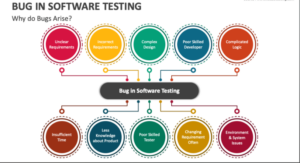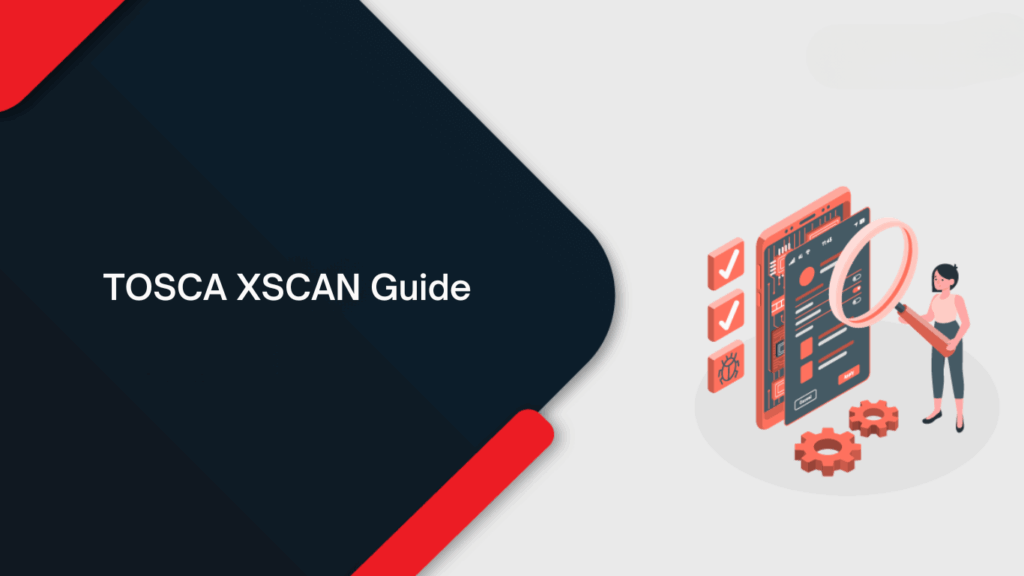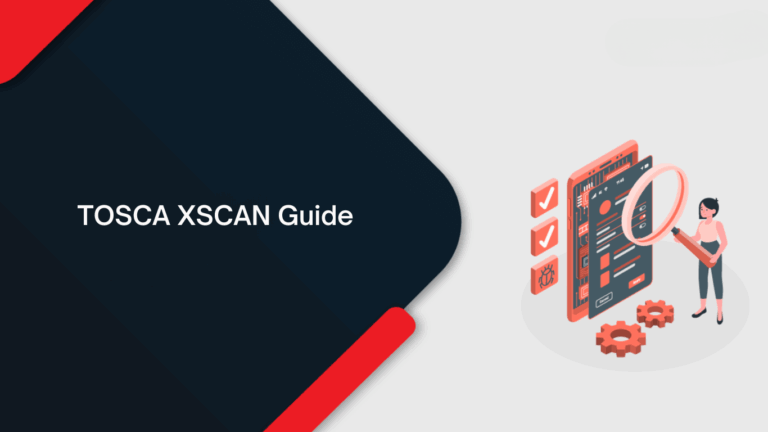Appium is considered to be an open-source automation mobile testing tool, which is used to test the application. It is built and supported by sauce labs to automatise local and mixed or hybrid mobile apps. This mobile automation tool is cross platform, it allows the similar test to be run on various platforms. Multiple devices that are tested by Appium in parallel.
In today’s development area, the demand for mobile applications is high. People are transforming their websites into mobile apps. This is significant to know about the software automation testing technology and get connected with new technology. Appium is a mobile application testing tool which is trending in Mobile Automation Testing technology.
Appium is used for automation testing of Windows and web applications. It assists in automation tests on the simulators and emulators as well as physical devices. This tool focuses on IOS and Android applications and is limited to mobile application testing.
What are the features of Appium?
- Appium doesn’t need application source code or a library.
- Appium gives a firm and active community.
- Appium has multi-platform support; it can run the same test cases on multiple platforms.
- Appium is always the parallel execution of test scripts.
- A tiny change doesn’t need re-installation of the application.
- Appium assists many languages like C#, Python, Java, Ruby, and also the Selenium client library.
How Appium Works?
- Whenever we install the Appium, a server will be installed with it on the machine that will expose the REST API.
- It gets command and connection requests from the customer and runs that command on devices Android.
- It replies with HTTP responses.
- To perform requests, it may use a mobile test automation framework to execute the user interface of the app. Consider an example,
- Apple instruments used for ios
- Selendroid used for Android API 15
- UIAutomator used for Android API 16.
Appium in Android
Appium has the command to a UIAutomator script executing on the device is a local UI automation framework of Android that gives Junit test cases on the device using the command line. It is included in the Java programming language, but has to run it from any WebDriver based language.
The android operating system has a file bootstrap.jar which functions as a TCP server. It will assist to send the test commands to perform the actions on Android devices using UIAutomator.
Advantages
- Appium is an open source tool, which means it is freely available.It is very easy to install.
- It allows the automated testing of hybrid, native, and web applications.
- The tools for testing don’t need to add extra agents in the app to use Appium, which is compatible with automation.
- Appium can be used for cross-platform and free mobile testing. It allows us for cross-platform mobile testing. This means we can test on multiple platforms.
Which is better, Appium or Selenium?
The selection between Appium and Selenium depends on the specific needs of the project and testing. Appium will be a mobile application automation tool that will be specifically designed for testing mobile apps.It supports numerous programming languages and frameworks and provides to automate the tests.
Selenium, the other way, is a tool used for automating web applications everywhere. If we were looking to automate testing native and hybrid mobile applications, Appium will be a better choice. If our testing needs are focused primarily on web applications, then Selenium may be the correct choice. It will be always possible to use both tools in a complementary manner depending on the need of the project. No matter whether we choose Appium vs Selenium we need to make sure we can test on real devices.
It has limitations, but the overhead will be using a UI Automator for Android that only assists Android SDK API 16 or maybe even higher.
Questions
1. What is Appium?
2. What are the features of Appium?





























